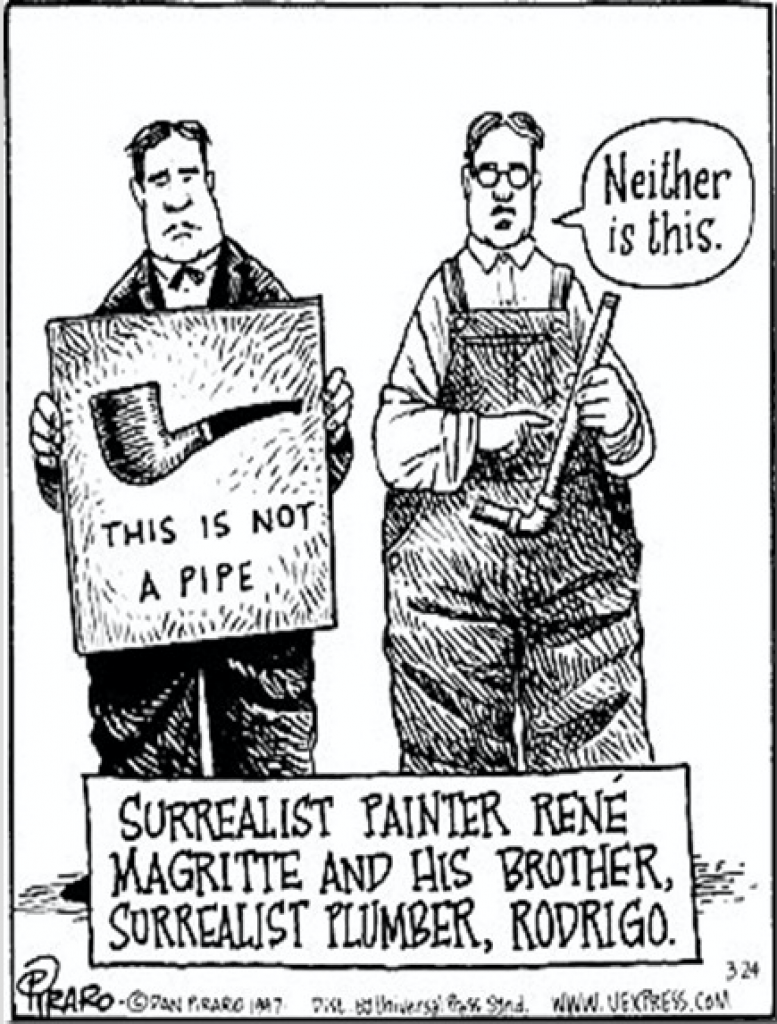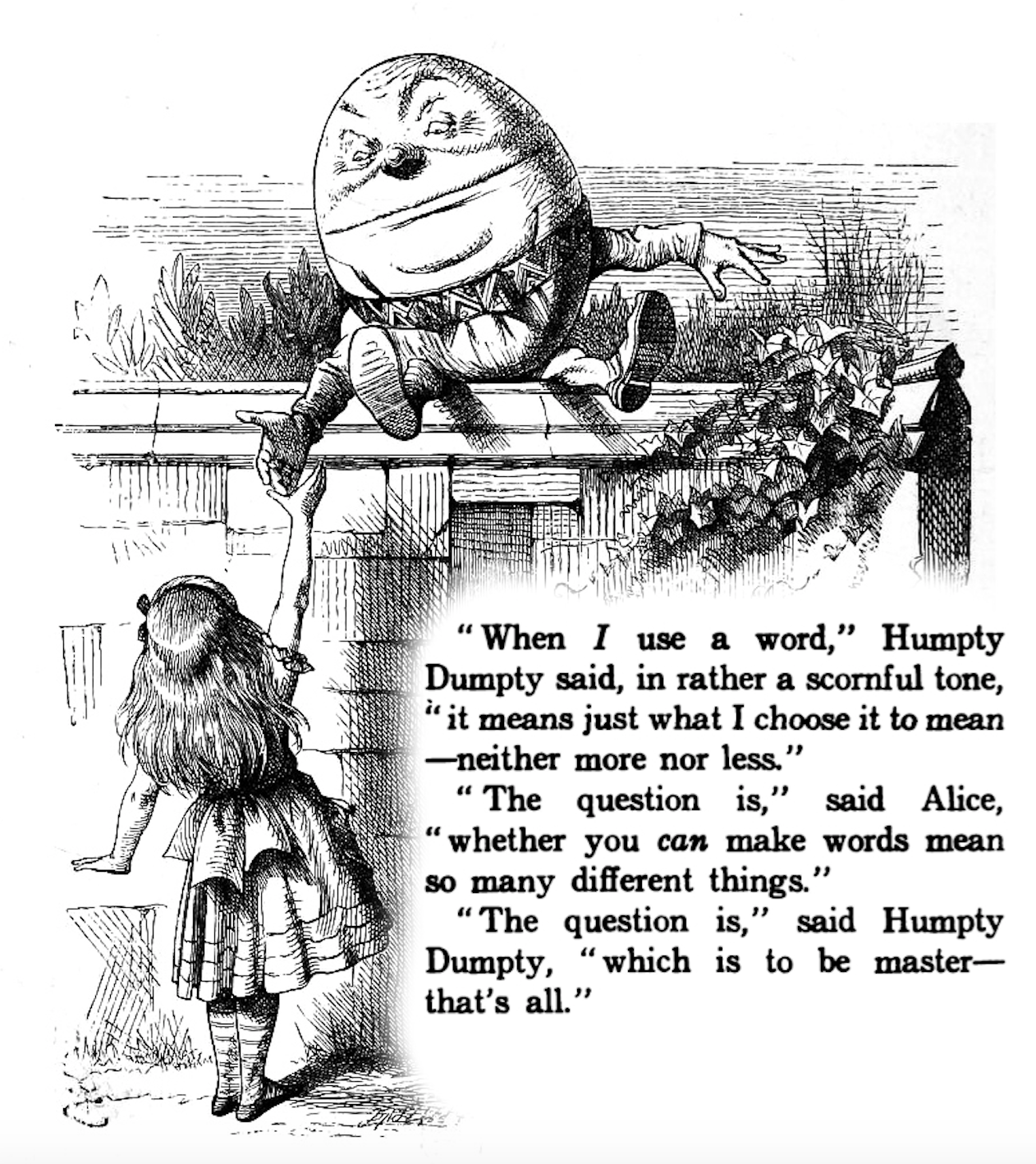
Brent Nongbri, from whom this response was invited, is a Visiting Associate Professor at Aarhus University. He recently completed a three-year project at Macquarie University (sponsored by the Australian Research Council) that explored the earliest Christian manuscripts from a number of angles, focusing on issues of construction and dating as well as provenance and collection history. The results of the project will appear in his forthcoming book on the archaeology of the earliest Christian manuscripts.
I’m grateful to the curators of “Studying Religion in Culture” for this opportunity to reflect a bit on “words and things,” and I would also like to thank the previous posters in this series for their insightful contributions on this topic and on the problems and prospects of working with the concept of religion.
I’ll start off my own comments, however, on a word other than “religion.”
Two of the earlier contributions, those of Anders Klostergaard Petersen and Andrew Durdin, both invoke the idea of “distortion” in their discussions of the contents of Before Religion. And in fact, a number of reviewers have summarized the book as a protest against the “distorting” effect of religion. I think we all agree that Before Religion expresses reservations about applying the concept of religion in certain ways and in certain situations, but, outside a single quotation of an earlier author, the book actually never uses the word “distort” or cognate terms.
Why?
Well, for a reason that I think really gets to the heart of the “words and things” issue as outlined in the introduction to this series: There is a price to pay when we make accusations of distortion. In historical argumentation, when we say that one interpretation constitutes a distortion of this or that aspect of the past, we may be easily taken to imply two things: that there is something out there to be distorted and that there is some viewpoint that could provide an un-distorted, or at least a less distorted interpretation. And this raises the question of how we determine relative levels of distortion. Is it by reference to some “thing itself” out there in the world? If so, how do we “get at” the thing itself in the past, or even in the present?
Ceci n’est pas une pipe, after all.
Although the book avoided the term “distortion,” I’ve been convinced by discussions with Vaia Touna and others that Before Religion wasn’t entirely successful in navigating this cluster of methodological problems. At the conclusion of the book, I wrote as follows:
…it is crucial to understand that this is not simply a problem of finding another concept or word that covers the same ground as “religion,” of finding a better word for it. The whole point is that, in antiquity, there never was any “it” there to begin with. The different type of descriptive accounts that I have in mind would allow what we have been calling “ancient religions” (that is, the contents of all those books called Mesopotamian Religion, Religions of Rome, Ancient Greek Religion, etc.) to be disaggregated and rearranged in ways that correspond better to ancient peoples’ own organizational schemes. (Before Religion, 159)
I see more clearly now how this final appeal to produce accounts that “correspond better to ancient people’s own organizational schemes” raises the same set of questions as those provoked by the notion of “distortion” above. If I could revise the book, I would definitely reconsider the way I use the language of correspondence. Nevertheless, I still do think we can talk about the past, and adjudicate better and worse understandings of the past.
But how?
I think we would do well to turn our attention from “the past itself” to the rules that historians make for themselves regarding how we talk about the past. Historians (myself included) often use a rhetoric of “getting back to the sources” and “respecting the evidence,” but, of course, the sources and the evidence are themselves subject to dispute. Thus, in practical terms what historians argue about is who is doing a better job of following the rules of historiography, rules which are, of course, socially constructed by humans. The community of historians invests inanimate objects like texts and artifacts with the power to determine what counts as a better or worse historical argument. So, I think it is right to say that our interests here in the present shape all of our interactions with ancient sources. Our relationship with these sources, and indeed our determination of what gets to count as a valid source in the first place, are all firmly planted in the contemporary concerns of historians.
But within the game that historians play, within the sets of rules that historians continuously establish, debate, and re-establish, I do think we can still talk about the past. It’s a past that is always out of reach, always subject to revision, but we can still say: My understanding of the ancient world is better than your understanding of the ancient world, because my reading shows greater respect for the ancient sources. This not because the ancient sources are the past. It’s because the community of historians have set up the rules of interpretation in this way. And this relationship between historical accounts and the past seems to me to be analogous to the relationship between words and things.

So to bring it back then to the first posting in this series, which invoked the spectre of that notorious philosopher of language, Humpty Dumpty: This is the reason that I think we need not fear Humpty Dumpty. He can make up his private language and talk to himself all day. The rest of us won’t understand him, but that’s more his problem than ours. This is not because our use of words has a special, ontological connection to reality (i.e., “things”) that his use of language doesn’t. It’s because language is social.
As my old teacher Dale Martin has put it:
The meanings of words are products of social consensus. We take words to mean certain things because we assume a social consensus or agreement about how we will take the words, which demonstrates not that words or texts contain their own meaning or can control their own interpretation, but that meaning is the result of socially learned assumptions about language. (Pedagogy of the Bible, 37)
Just as texts don’t contain their own interpretations, words don’t have any particular necessary connection to the material world. Broad social consensus exists for the meanings of most words, and so we don’t generally think about our own role in maintaining that status quo until we are reminded through a direct challenge to that consensus by Humpty Dumpty (or Kellyanne Conway).
So, my working assumption now (until I’m corrected by further conversations with colleagues!) is that our words really do make our worlds, so we have the responsibility to try our best to use words as thoughtfully as we can.